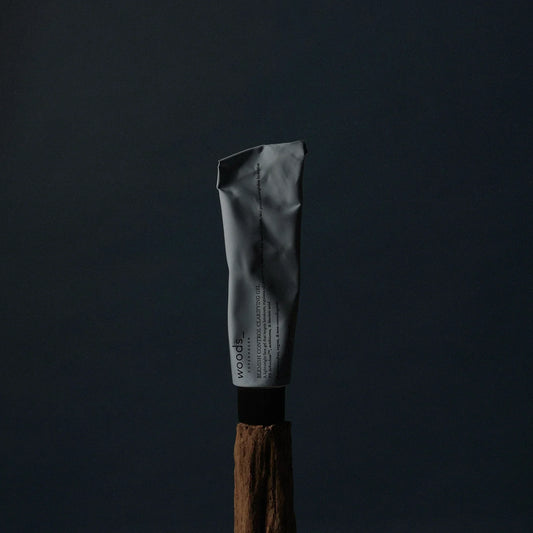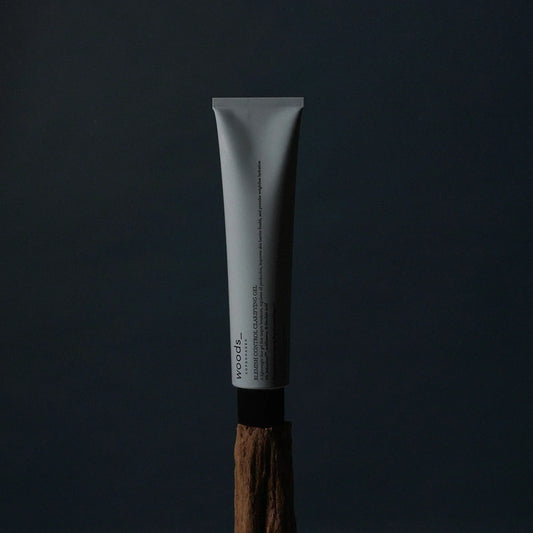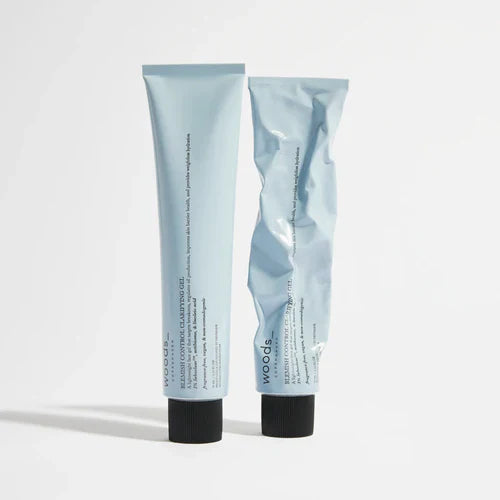Chemical versus physical SPF - all you need to know
There exist two types of sun filters: Chemical and physical. Though they both effectively protect the skin against harmful UV rays, they operate on the skin in different ways. This means you might want to take your skin type and your personal preferences into account when choosing your type of sunscreen.
Physical sunscreens
When applied, physical sunscreens stay on the outermost layer of the skin to function like a mirror that reflects harmful UV rays, thereby preventing them from ever penetrating the skin.
Chemical sunscreens
Chemical sun filters absorb deeply into the skin to transform harmful UV rays into wavelengths of heat. This also means the product won’t rest on the skin’s surface, therefore making it a more sufficient choice for oily or breakout-prone skin types that strive for protection without unnecessary amounts of oil.
Be aware that you should give the product a chance to sink well into the skin before exposing it to sun exposure. Give it a couple of minutes to absorb, and then go enjoy the sun!
Why you shouldn’t be scared of chemical sunscreen
We know the word “chemical” associated with skincare can get red flags waving to some. However, there’s no need to be intimidated. The word “chemical” simply indicates that the formula contains active ingredients – the ones that allow the product to perform so effectively.
In the last few years, there’s been rising debate regarding the safety of using chemical sunscreens, as some absorbing ingredients such as oxybenzone have been linked with health risks.
But no need to panic. Both researchers and dermatologists suggest that you don’t opt out of sunscreen for this reason – and we couldn’t agree more. Instead, we advise you to always be mindful of the ingredient lists and do your research. Because trust us, skipping your sunscreen is an even more harmful alternative.
If you do however wish to stay on the safe side, luckily, there exist sunscreens formulated without these types of ingredients. For example, all woods_ sunscreens are completely free of oxybenzone.
Among the woods_ SPF collection, you’ll only find chemical SPF’s that do your skin good. We’re talking fragrance-free, broad-spectrum, and pregnancy-safe formulations packed with organic and antioxidant-rich ingredients – free from oxybenzone and octinoxate, of course. 
Why we opt for cream sunscreens
Sun lotion or spray? Though the options aren’t endless, it really all comes down to your personal preferences.
A typical lotion sunscreen generally offers the skin a higher level of protection than sprays. This is both because lotions typically contain a higher SPF than sprays, but also because they provide better coverage with a thicker, more even layer.
On the other hand, sprays are preferred by many because they won’t leave a greasy residue or white cast, as they often absorb quicker into the skin.
However, a disadvantage of choosing spray/aerosol sunscreen that you should be aware of is that these are often formulated with harmful nanoparticles that shouldn’t be consumed or absorbed into the skin. And with spray products, these particles can stay in the surrounding air for longer periods of time, causing a risk of you inhaling it.
Benzene is an example of a harmful ingredient found in many spray sunscreens. Aside from causing headaches and dizziness, long-term exposure to this ingredient can lead to serious and even fatal health risks such as cancer. As if that wasn’t enough, other harmful ingredients in spray sunscreen have shown to irritate lungs if inhaled – therefore, if you do choose a spray sunscreen, we advise that you never spray it directly on your face.
However, to keep both yourself and your skin safe, we at woods_ recommend that you always reach for cream-based sunscreens. But we know many aren’t fond of a rich and oily texture. Therefore, we formulated our SPFs to leave a light, breathable layer on the skin. In other words: A sunscreen for every occasion and every skin type. And, of course, every woods_ SPF is formulated with perfectly safe and nourishing ingredients.
Still in doubt about what sunscreen is the right pick for you and your skin? Then visit our blog post HOW TO CHOOSE THE RIGHT SUNSCREEN to learn more!
Source: https://www.thorne.com/take-5-daily/article/pros-and-cons-of-different-types-of-sunscreen
Related Category
More posts
-
Adult acne: from cause to treatment
While many associate acne and blemishes with the turbulent teenage years, the reality is that many adults continue to grapple with breakouts well into their 20s, 30s, and beyond. But...
Read more -
Skincare for teens: a step-by-step guide
Navigating skincare as a teenager (or honestly, just as much as an adult) can feel like a maze. In this digital age, we’re constantly flooded with the newest trends and...
Read more -
Introducing: blemish control clarifying gel
Breakouts are one of the most common skin concerns, affecting people of all ages and skin types. And when it comes to treating blemishes, striking the perfect balance can be...
Read more
- Choosing a selection results in a full page refresh.
- Opens in a new window.




